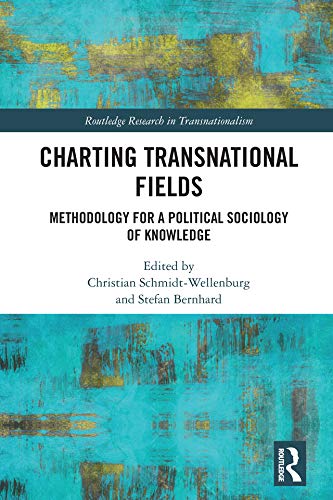

Most ebook files are in PDF format, so you can easily read them using various software such as Foxit Reader or directly on the Google Chrome browser.
Some ebook files are released by publishers in other formats such as .awz, .mobi, .epub, .fb2, etc. You may need to install specific software to read these formats on mobile/PC, such as Calibre.
Please read the tutorial at this link: https://ebookbell.com/faq
We offer FREE conversion to the popular formats you request; however, this may take some time. Therefore, right after payment, please email us, and we will try to provide the service as quickly as possible.
For some exceptional file formats or broken links (if any), please refrain from opening any disputes. Instead, email us first, and we will try to assist within a maximum of 6 hours.
EbookBell Team

4.8
34 reviewsThe volume provides a field-analytical methodology for researching knowledge-based sociopolitical processes of transnationalization. Drawing on seminal work by Pierre Bourdieu, we apply concepts of practice, habitus, and field to phenomena such as cross-national social trajectories, international procedures of evaluation, standardization, and certification, or supranational political structures. These transnational phenomena form part of general political struggles that legitimate social relationships in and beyond the nation-state.
Part 1 on methodological foundations discusses the consequences of Bourdieu’s epistemology and methodology for theorizing and investigating transnational phenomena. The contributions show the importance of field-theoretical concepts for post-national insights. Part 2 on investigating political fields presents exemplary case studies in diverse research areas such as colonial imperialism, international academic rankings, European policy fields, and local school policy. While focusing on their research objects, the contributions also give an insight into the mechanisms involved in processes of transnationalization.
The volume is an invitation for sociologists, political scientists, and scholars in adjacent research areas to engage with reflexive and relational research practice and to further develop field-theoretical thought.